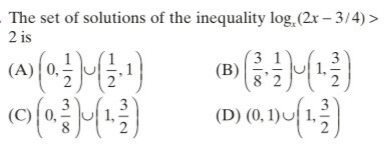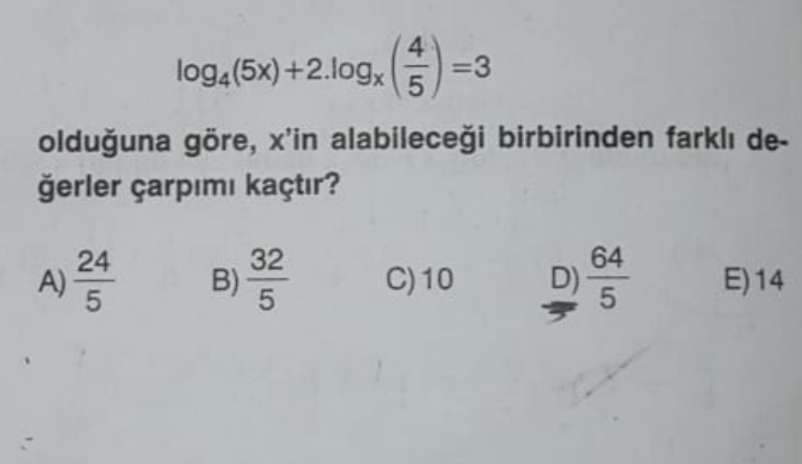
LogarithmsQuestion and Answers: Page 8
Question Number 121201 Answers: 3 Comments: 6

Question Number 121175 Answers: 1 Comments: 0

Question Number 121138 Answers: 2 Comments: 0

Question Number 121100 Answers: 1 Comments: 0

Question Number 121045 Answers: 0 Comments: 0

Question Number 121002 Answers: 3 Comments: 0

Question Number 120927 Answers: 4 Comments: 0

Question Number 120444 Answers: 0 Comments: 0

Question Number 120380 Answers: 2 Comments: 0
Question Number 120120 Answers: 2 Comments: 0
Question Number 119802 Answers: 2 Comments: 0
Question Number 117838 Answers: 1 Comments: 0
Question Number 117826 Answers: 1 Comments: 0
Question Number 117816 Answers: 1 Comments: 0
Question Number 116976 Answers: 2 Comments: 0
Question Number 116491 Answers: 1 Comments: 0
Question Number 116085 Answers: 0 Comments: 1
Question Number 115859 Answers: 2 Comments: 0
Question Number 115341 Answers: 1 Comments: 0
Question Number 115268 Answers: 1 Comments: 0
Question Number 115246 Answers: 0 Comments: 1
Question Number 115238 Answers: 2 Comments: 0
Question Number 113862 Answers: 1 Comments: 0

Question Number 113872 Answers: 0 Comments: 0
Question Number 113811 Answers: 1 Comments: 0
Question Number 113803 Answers: 3 Comments: 0
